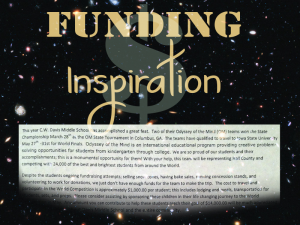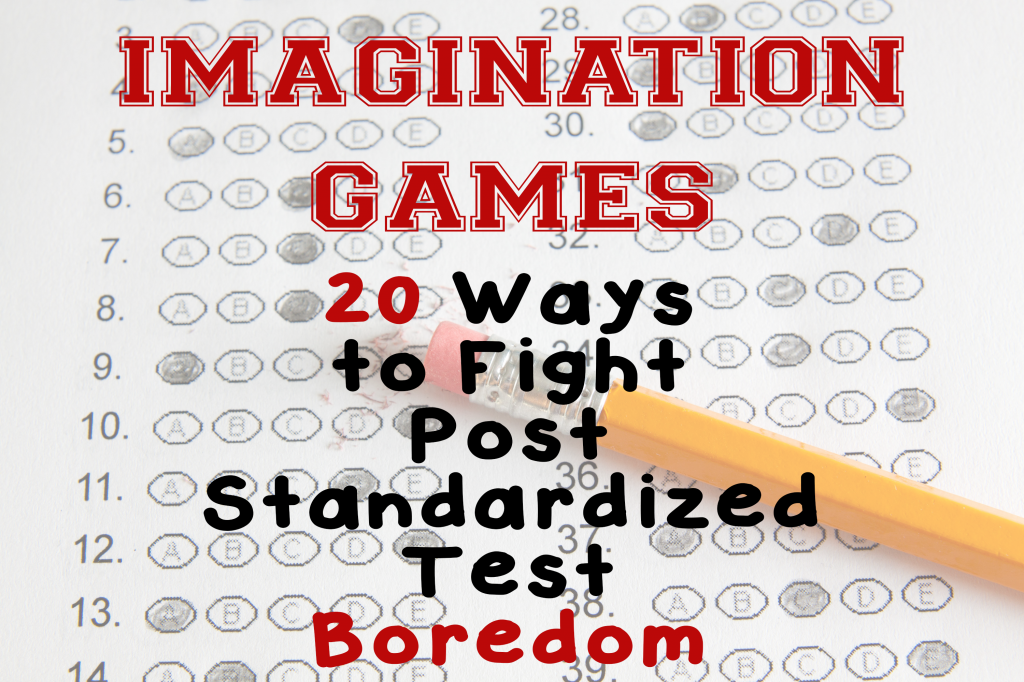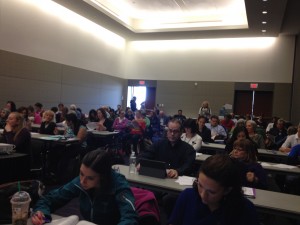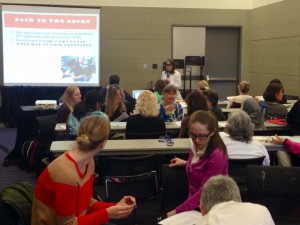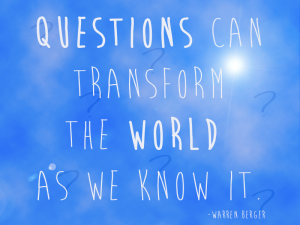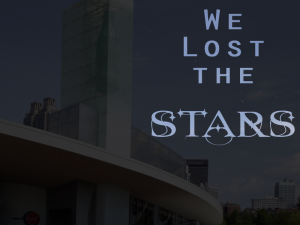 In the ever advancement of society and technology, we often forget to stop and think about what we have lost. As I was watching the most recent of episode of Cosmos (“Sisters of the Sun”), Neil deGrasse Tyson mentioned that we lost the stars with the advent of electric lights.
In the ever advancement of society and technology, we often forget to stop and think about what we have lost. As I was watching the most recent of episode of Cosmos (“Sisters of the Sun”), Neil deGrasse Tyson mentioned that we lost the stars with the advent of electric lights.
The other day as we were learning about where we are in the Milky Way Galaxy, I provided my students with a set of clues. Some of them mentioned the visible Milky Way. It lead to questions, and when at one point I explained that the Milky Way got its name because it looked like milk spilled across the sky by ancient peoples, they were surprised.
And why shouldn’t they be? Most students have never seen the wisps of the Milky Way across the sky. Even in the suburbs, there is enough light pollution to block out only the brightest stars. Our children have lost the stars, and they do not even know the stars are missing.
In education, we have also lost the stars.
Although we realize there is a problem with how we are educating our students, the solutions often seem to be just a re-branding of what we are already doing. We realize the vast majority of students are treated like a factory product. Even teachers are evaluated on the quality of the product (in student test scores). How did we lose the stars? We took all of the natural curiosity and thirst for learning from students and required everyone to learn a standard curriculum. Take a standard test. And somehow, learning fairly turned into everyone learning the same.
Maybe one day, there will be a widespread power outage at night. We’ll stop what we are doing, and gaze up at the sky. Then, for the first time in a long time, we will really see the stars. We’ll realize what we are missing, and as a society, we’ll choose to make a change.
Perhaps there will be a metaphorical power outage in education as well. We’ll realize what we were missing. We’ll remember the power of learning when students feed their own natural curiosities and interests. We’ll remember that learning is about passion, experiences, adventure, and fun. We’ll watch students remember how to learn authentically. We’ll choose to make a change.
And we’ll see the stars.
